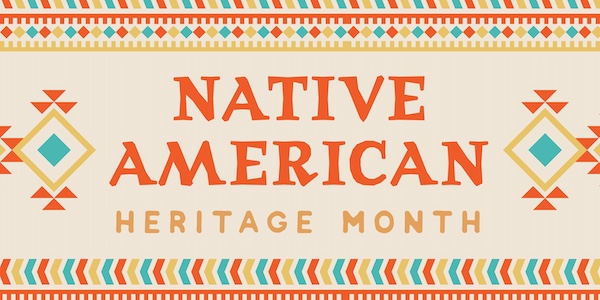
Keith Egawa: ‘Children are entitled to the truth.’
Categories: Indigenous Cultures & Anthropology Interview
Keith Egawa is the co-author of The Whale Child, a middle-grade chapter book that introduces young readers to the environmental challenges facing the planet through the eyes of Coast Salish characters and authors.
“If we do not honor our role as caretakers of the planet, if we do not treat the planet we depend on with respect, then we are embracing an unsustainable existence.”
Why is it important to teach children about the environmental issues facing the planet? What do kids gain when they learn these lessons through an Indigenous lens?
Storytelling is a teaching tool for all cultures, imparting life lessons and inspiring contemplation of values and character. Within Indigenous cultures one sees the timeless teaching that the natural world sustains us, and that we must not take from our environment in ways that prevent it from regenerating during the natural cycles of life. If we do not honor our role as caretakers of the planet, if we do not treat the planet we depend on with respect, then we are embracing an unsustainable existence. It is starkly evident that humankind has not collectively carried this value as a critical truth for our survival.
We are not facing an environmental crisis; we have already plunged headlong into the exponential impacts of climate change, pollution, overharvesting of the earth’s resources, species decimation, and waste. Scientific evidence and commonsense observation show the negative impacts growing in speed and severity. We are all responsible for making lifestyle changes, slowing the process of degradation, saving what remains, and beginning a way of living that might bring us to a point wherein a rejuvenating earth comes into view. Within this responsibility there is an unfortunate division among adults as to the matter of educating children on the frightening environmental truths we face. However, humankind does not have the time to delay exploration of this topic. Ignorance of the truth guarantees that we will remain on our current course.
Children are entitled to the truth. Their lives, and the lives of generations to come, depend on access to knowledge and the honest guidance of adults. We are obligated to protect them. In view of the present day and the unhealthy environmental circumstances we have constructed for ourselves, protecting the young includes empowering them with the ability to make informed conclusions, reach for solutions, and play an important role in protecting a future that belongs to them.

